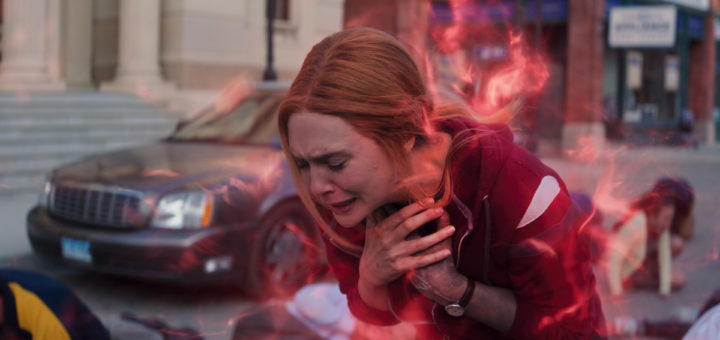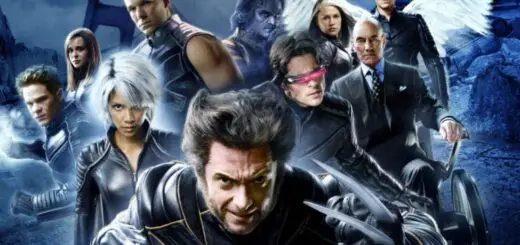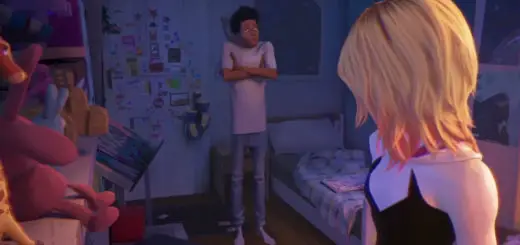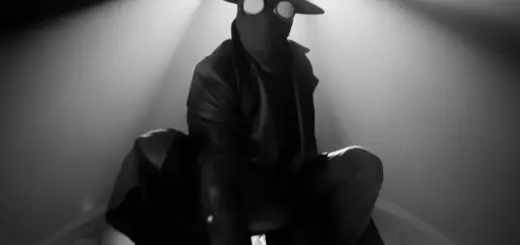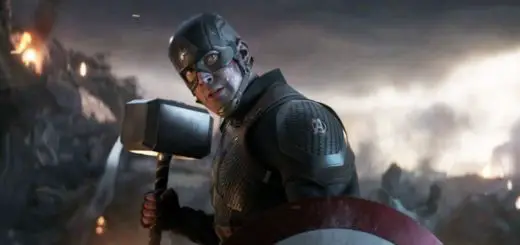WandaVision Is Marvel Studios Top Achievement in 2021
While some critics speak of Super Hero fatigue, Marvel Studios and Disney+ show no signs of slowing down as 2022 is already packed with innovative cinematic content that will continue to explore themes such as trauma, grief, racism, and ableism that the pandemic exposed and exacerbated. It’s not flippant to say that Marvel Comics are for everyone because they are: it’s something I’ve seen for myself making magic, working at a comic shop, and assisting a LGTBQ+ comic non-profit. And it’s exciting to see more of it on the screen.
Over the last decade, Marvel Studios continues to refine its voice by adding to its roster of diverse creators, which has really showed in the quality of the Marvel Cinematic Universe Projects, culminating in 2021’s WandaVision, Marvel’s first foray into streaming episodic television.
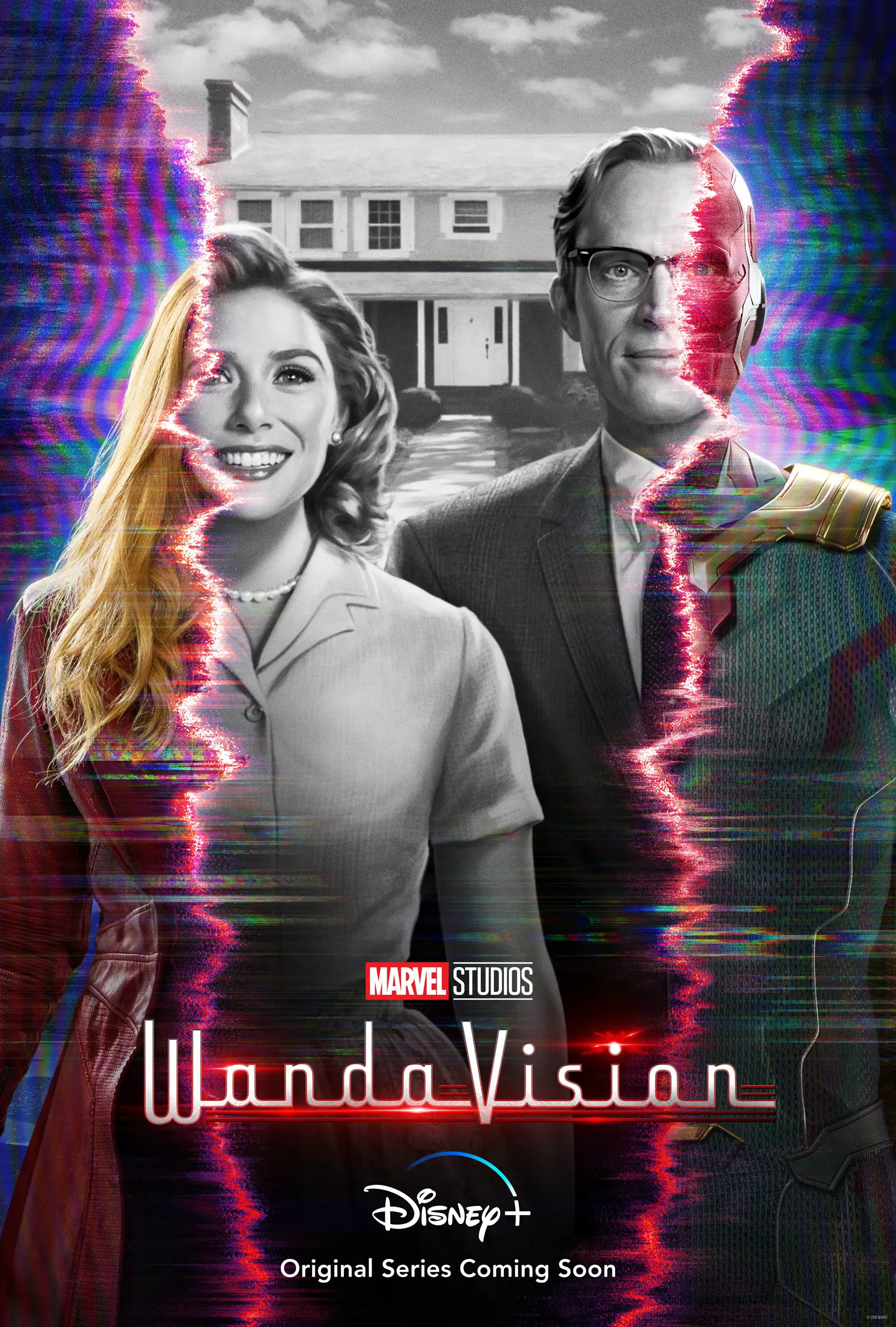
Photo: Marvel
Overnight Phenomenon
WandaVision became a worldwide phenomenon overnight. Premiering in January 2021, the deadliest month of the pandemic, the country was grieving and ready for a show to directly address that trauma, and Marvel provided WandaVision. One episode was even about a quarantine-style staycation, which arrived just in time for viewers to delve into escapism and self-reflection for another wave of COVID-19 to hit the country.
Now, at the end of 2021, with the death toll close to 800,000, the country is bracing for another Omicron-fueled spike, and the themes of grief, loss, and trauma explored in the streaming series are all the more poignant as the year comes to a close. For many, the last two years have been full of monumental loss, separation from loved ones, and anxiety about medical uncertainty, with depression rates among adults in the United States climbing to 32.8 percent in 2021.
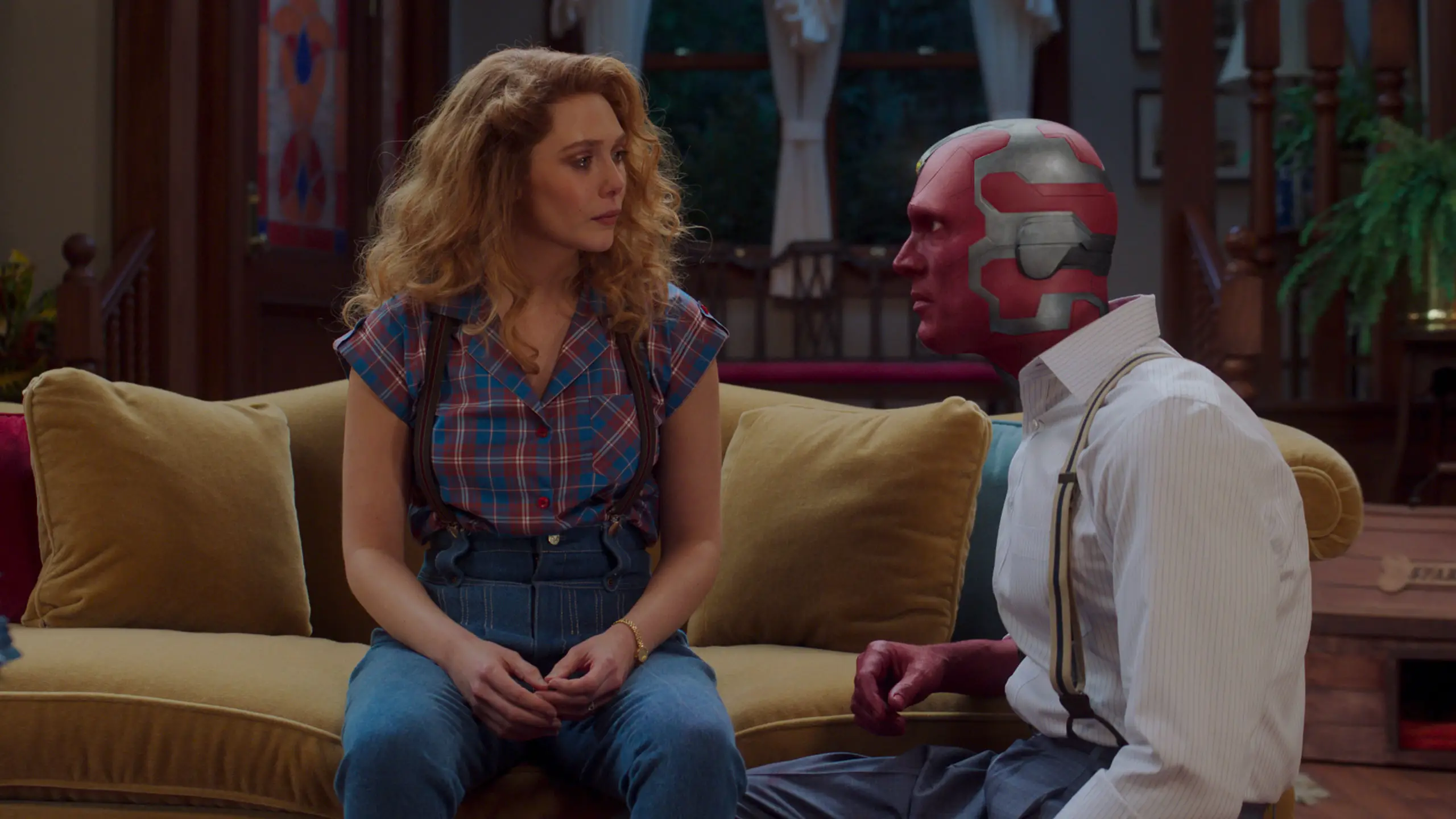
Photo: Disney+
Just like Wanda (Elizabeth Olsen) tells her brother about grief, the pandemic is taking a toll on our minds and there’s an epidemic of feelings of “endless nothingness.”
After rewatching WandaVision last night to write this article, the Disney+ series still holds up on a third viewing, so if you’re gearing up for another quarantine style staycation or know someone who is, and you’re worried about their mood: forming parasocial relationships with our favorite characters helps depression and online support groups work, so let me tell you about returning to familiar faces in a little town called Westview, because it’s Marvel Studios’ top achievement of the year.
Marvel Wins Its First Emmy
Although some critics initially dismissed the miniseries as merely recycling old sitcom tropes as a Super Hero show, and some other reviewers felt the first three episodes of domestic bliss and deep character exploration was too slow paced, it ultimately proved to be an incredibly well-written series about coping with trauma. Want to read more about trauma serves as the basis for WandaVision? Read Melody McCune‘s “How WANDAVISION Perfectly Encapsulates Grief and Trauma.”
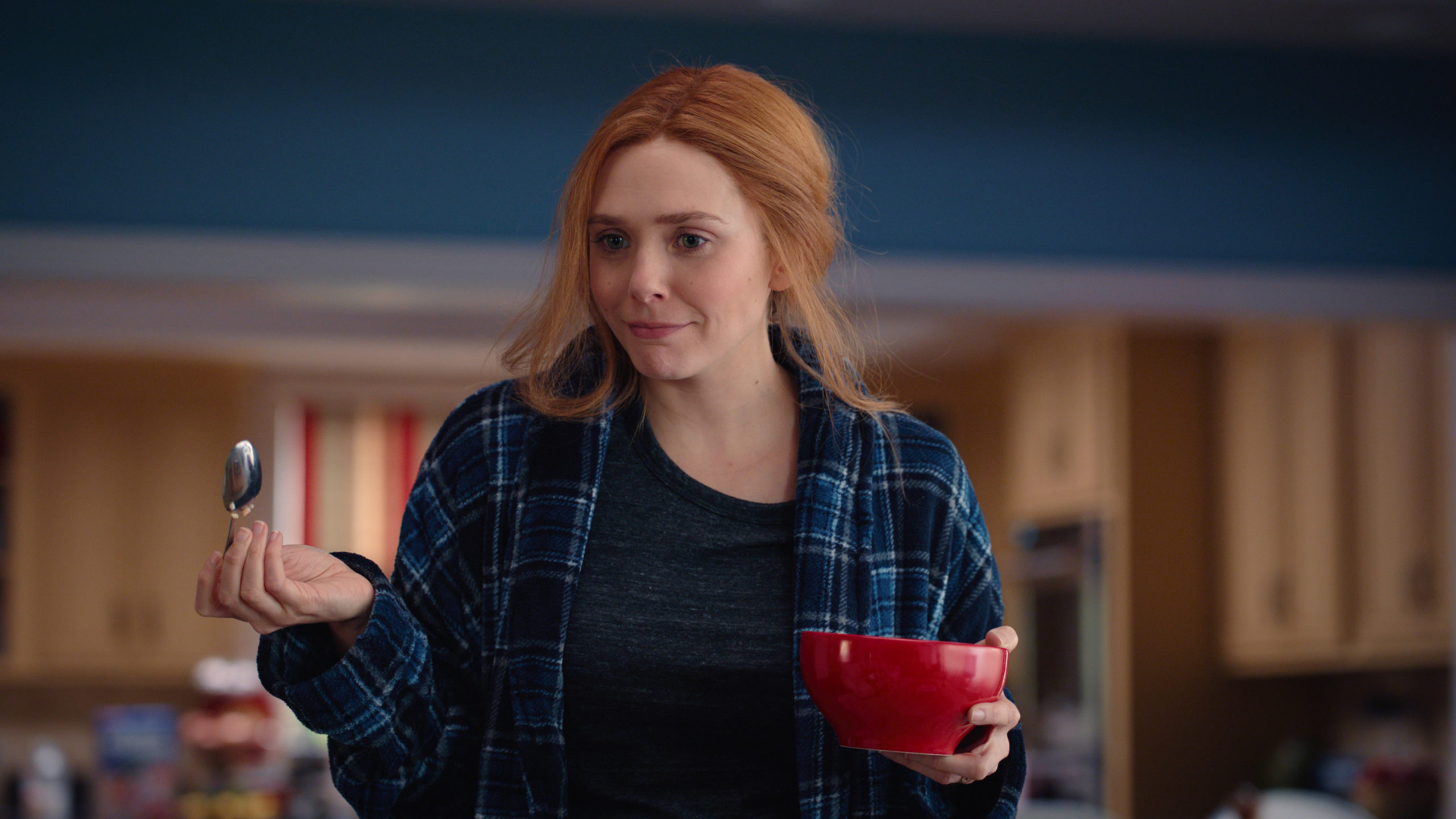
Photo: Disney+
What made the series really special is that it centered around a strong female protagonist with power, and it was nice to see her have the space to screw-up in reaction to her trauma, just like a Tony Stark or Doctor Stephen Strange are often allowed to do, but women are never allowed to do. Remember what happened to poor Patsy Walker?
Also, Wanda Maximoff is more powerful than any of those men anyway. If sexism didn’t impact my life in such a profound way, how uncomfortable her power makes many men would be laughable. Want to read more about WandaVision‘s exploration fo female power? Read Avery Kaplan‘s “WANDAVISION: A Tale of Two Witches.”
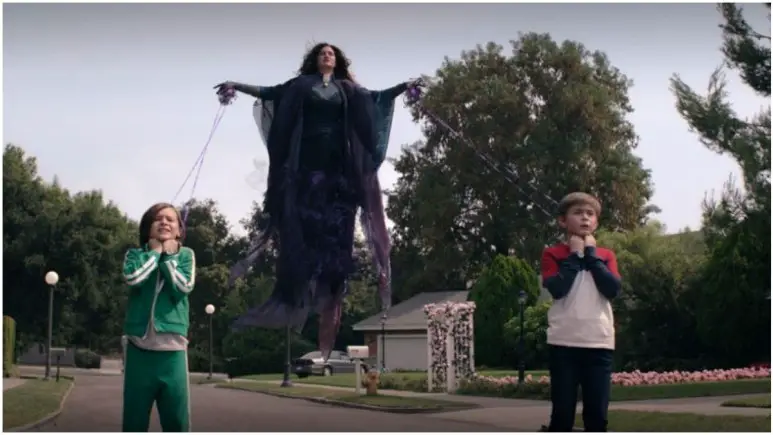
Disney Channel Original Movie Moment. Photo: Marvel Studios
Marvel was rewarded for taking risks onscreen. In 2021, WandaVision won three Primetime Creative Emmy Awards, two Hollywood Critics Association TV Awards, the American Film Institute Award, four MTV Movie & TV Awards, and it was nominated for many, many more. Marvel’s Emmy Awards for its acclaimed series about the Scarlet Witch and Vision (Paul Bettany) was a first for the studio, according to Deadline.
Marvel, and WandaVision particularly, was also rewarded for promoting gender equality behind the scenes. The Disney+ series is one of 117 television series that received the 2020-2021 ReFrame Stamp, which is awarded to Feature Film and Television projects that “hire female-identifying people in four out of eight critical areas of production.”
ANNOUNCEMENT: A record-breaking 51% of TV shows in @imdbpro’s 2020-21 Top 200 earned the #ReFrameStamp for gender-balanced production. Read the full announcement via @DEADLINE @WomenInFilm @sundanceorghttps://t.co/2ldj11tA90
— ReFrame Hollywood (@ReFrameProject) July 20, 2021
WandaVision Explores Trauma
More importantly than the prestige awards and accolades, WandaVision resonated with MCU viewers. Although a lot of men wrote a lot of negative things about WandaVision, fortunately a lot of women, marginalized genders, and other minorities responded very positively it. Perhaps, this can be explained by the psychology of grief, which has demonstrated that the bereavement process is somewhat universal. Although there are five stages of grief, we will be talking about the first one: denial.
Denial is the first stage of grief, allowing us to simply get through each day by only letting in as much sensory information as we can handle. But if we get stuck in this stage, it may become harder and harder to heal.
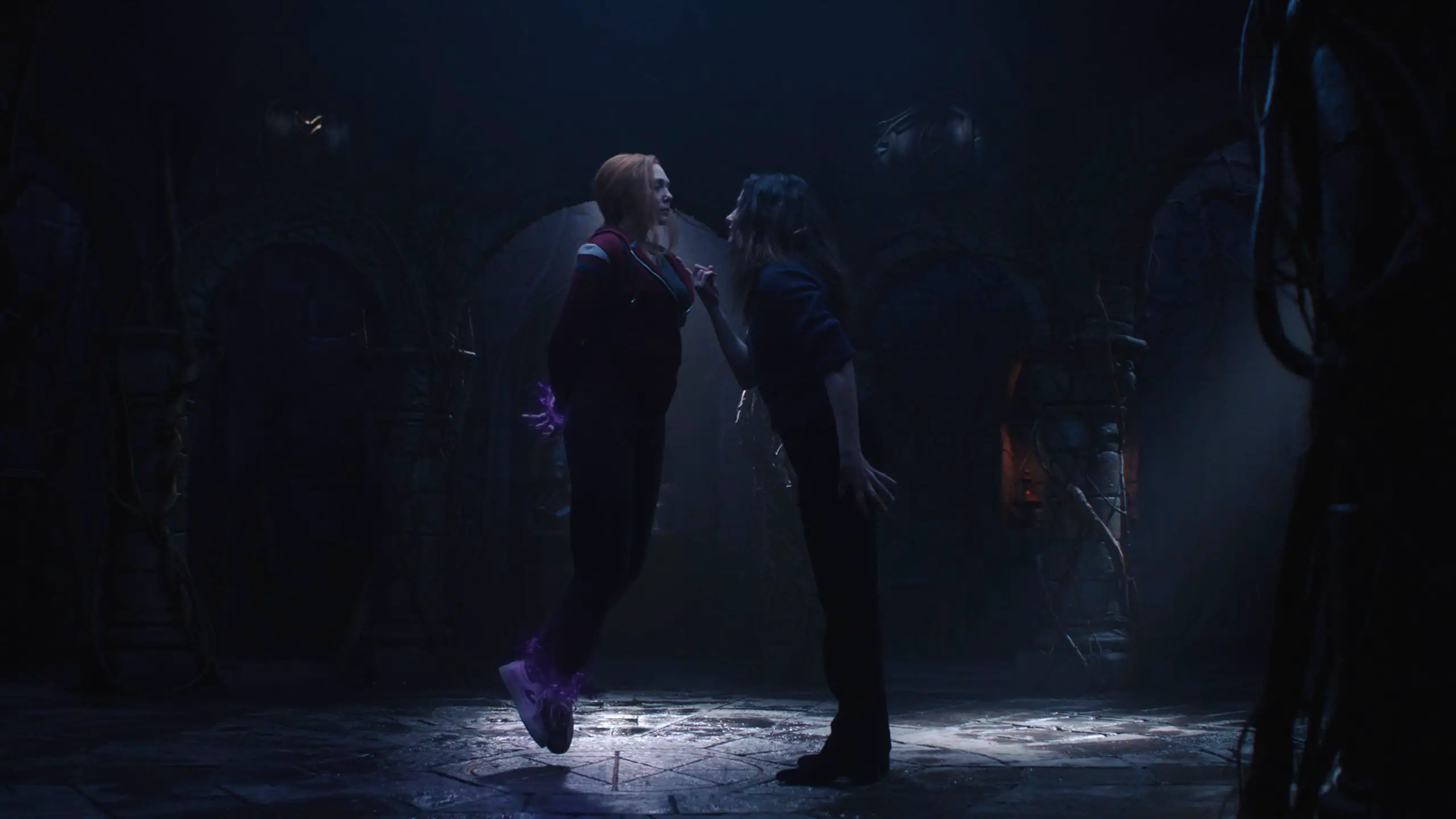
(L-R): Elizabeth Olsen as Wanda Maximoff and Kathryn Hahn as Agatha Harkness in Marvel Studios’ WANDAVISION exclusively on Disney+. Photo courtesy of Marvel Studios. ©Marvel Studios 2021. All Rights Reserved.
In WandaVision, Wanda’s grief process has literally cocooned her from the trauma of having experienced so much loss in her lifetime: a future with her twin brother, a future with Vision, a home in Westview, New Jersey, and possibly children. When she comes back from The Blip, and without Vision to pull her back or the coping skills to handle her emotions, the overwhelming waves of sadness are too much for her brain to handle and she unleashes Chaos on the town of Westview.
The Disney+ series highlights how years of trauma can create hidden pathways in the brain, which are beyond our conscious control even if we are aware of our actions. The unconscious beliefs deny us true agency when we make decisions, especially in times of severe emotional stress, like in WandaVision. No matter how in control Wanda seems, viewers learn from Agatha that she isn’t in control: trauma is tricky beast, and there’s a reason Agatha has to be patient with her patient.
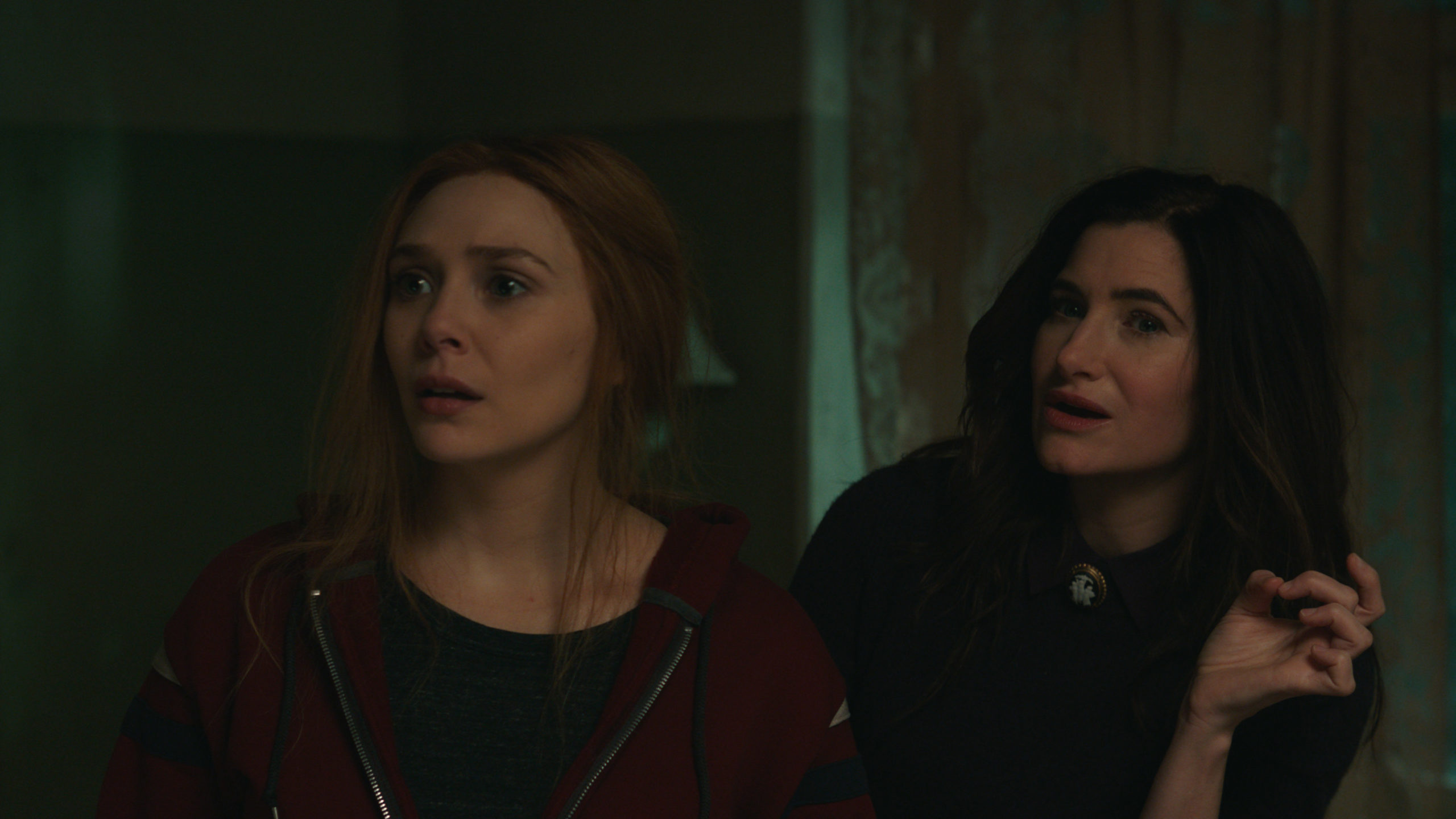
Photo: Disney+
Overwhelming grief and trauma can hide in the darkest corners of the mind, existing behind locked doors, hiding like shadows in the brain. At first, our mind’s efforts to purposely forgot painful memories may protect us from uncontrollable, overwhelming emotional pain. But eventually, hidden memories can cause debilitating psychological problems.
That’s why the central message of WandaVision is don’t control the pain any longer if it’s your truth, or it will control you… or someone less powerful will try and still it from you, and that’s just annoying, come on, man!
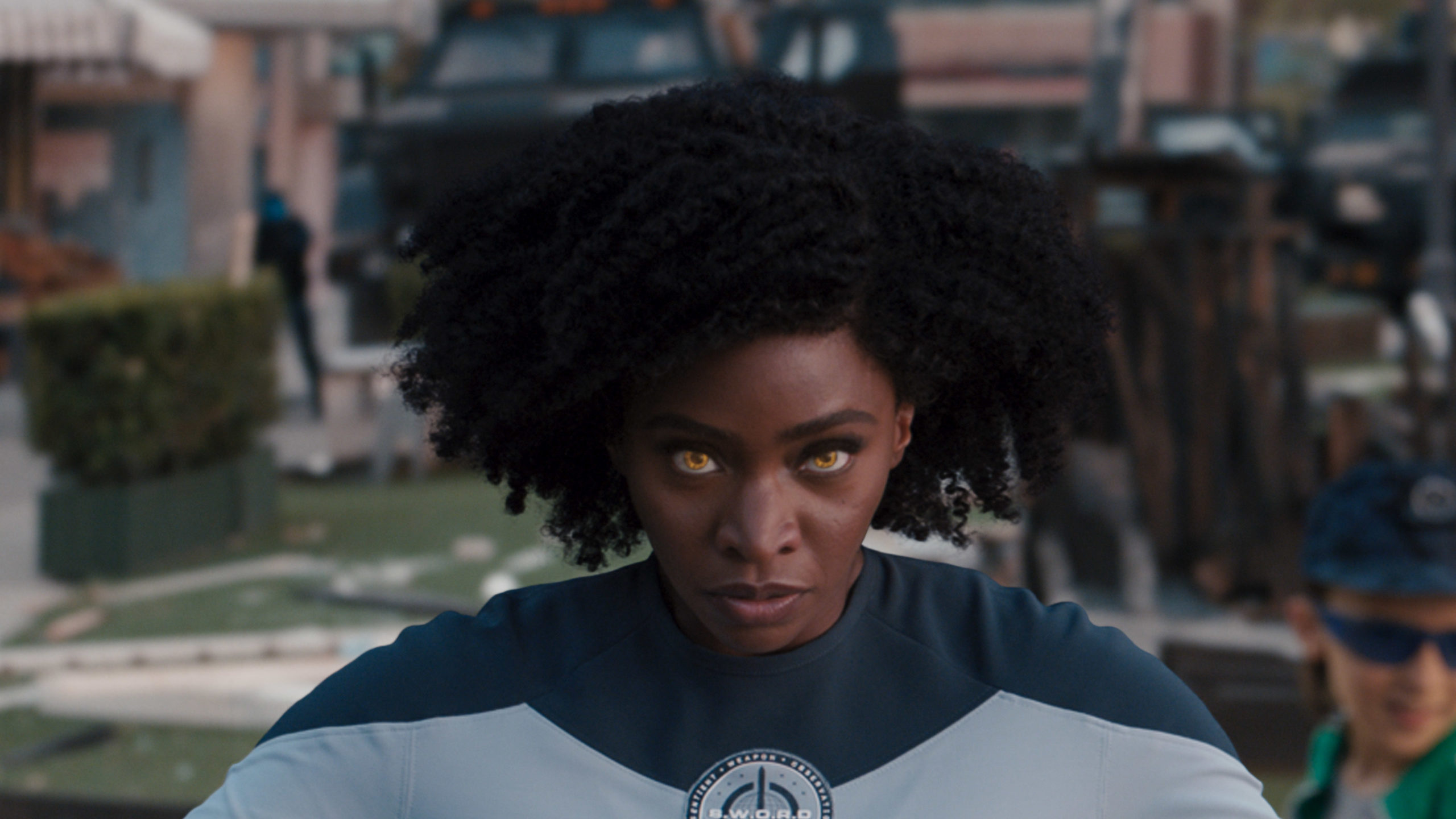
Photo: Disney+
It’s essential to find a way to unlock those doors and explore the painful memories within to move on from trauma, making one of the seminal moments in WandaVision a scene in episode eight, which is a walk through a memory of Wanda’s time at the Avengers compound after losing her brother, Pietro. In the scene, Vision senses her grief and says, “What is grief, if not love persevering?”
Americans are often taught to short-circuit the grief process as if grief is somehow offensive to the memory of the loved one. However, according to mental health professionals, it’s important to acknowledge grief and loss to overcome it, because in order to reorient to reality, we must openly acknowledge how we actually feel and what the loss means to us.
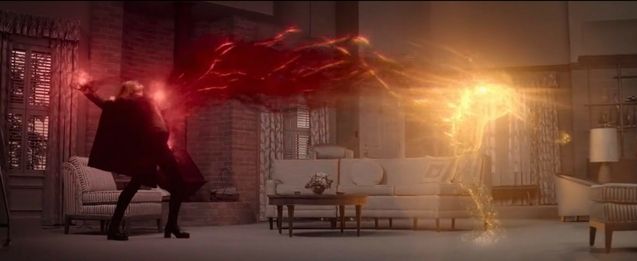
Wanda Creating Vision out of grief. Photo: Marvel
We all live in family systems, and our actions have a profound impact on each other’s lives, and there seems to be an innate human desire to share stories about having fun with loved ones. So of course, our losses mean something to us. This is why Wanda’s walk through her memory of Vision, and the solace she ultimately finds in that moment, is so vital to her overcoming trauma and the heart of the series.
By the end, The Vision is a symbol of Wanda’s love persevering, not grief, a beautiful nod to their first spark of love in the Avenger’s compound. WandaVision ends with Wanda telling The Vision that he is more than a body of wires that she created, he is also her love for him, a memory of her love made real. I’m tearing up writing the summary of what she said, the show is so good.


